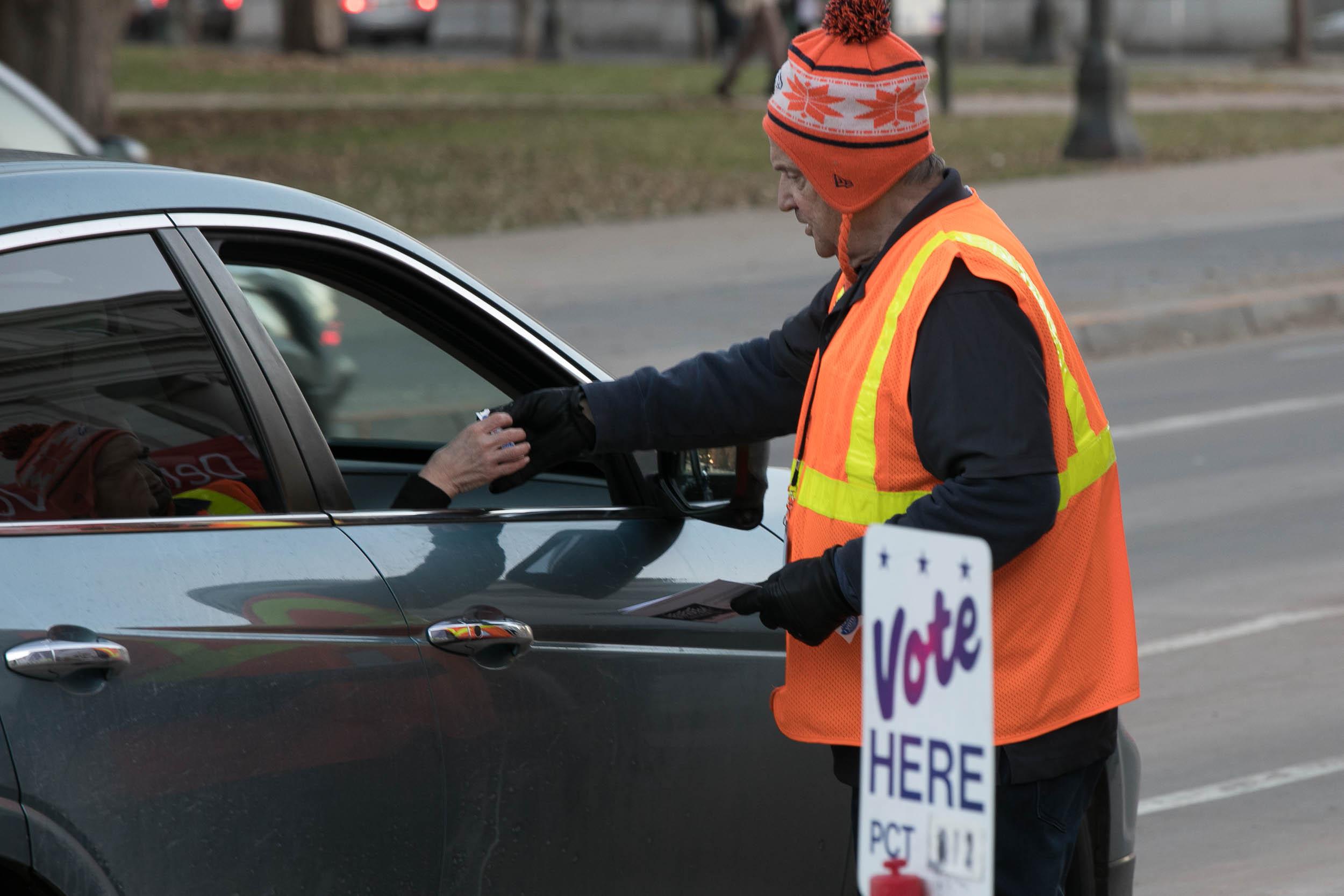
The Colorado Secretary of State’s Office said it expects to sift through and count a large chunk of returned ballots Monday and Tuesday, but it’s hard to say exactly when the final results will be in.
“We haven't held a presidential primary election in this state in 20 years, and our election model has completely changed since the last presidential primary election was held,” said Dwight Shellman, who manages county services for the Secretary of State’s Office.
“In larger metropolitan counties that just receive an enormous amount of volume in most elections on Monday and Tuesday, Election Day, it can take them three or four days to count everything that they received in those final hours,” he said.
Coloradans should start to see some early results Tuesday at 7 p.m. — right when the polls close.
Finalizing results in this particular election is a little more complicated than usual.
In general, mailed ballots take longer to count because election judges have to verify signatures, deconstruct envelopes and then prep the ballot for counting. Colorado’s overseas and military voters also have until the eighth day after an election until their clerk and recorder actually has to receive their ballot. These things happen with most elections.
Spokesman Steve Hurlbert said county clerks aren’t just sorting through one ballot this election like they would in a general election. They’re sifting through two — a Republican and Democratic one, plus all the eligible unaffiliated voters who cast one of those ballots.
“Because of our model in Colorado that allows unaffiliated voters to vote in a presidential primary, that does create that added wrinkle that can add a little bit more time to the process,” Hurlbert said.
On top of that, officials said many voters waited until after South Carolina’s primary on Saturday to cast their ballot. The Secretary of the State’s Office will certify the presidential primary results on March 30.
Even if we have a sense of who Coloradans supported most right after Super Tuesday, the Democratic Party still has to award those candidates delegates. That process is more complicated and could take longer.
Republican primary voters are expected to vote for President Donald Trump so that’s why much of the focus is on the Democratic Party.
Colorado Democrats will award 67 delegates in its primary. The party will allocate 44 based on congressional level results and 23 based on statewide results. It’s important to note that delegates will be given out in proportion to the results — it’s not a winner-take-all system.
Remember all those Democratic presidential candidates who dropped out of the race but are still on the Democratic ballot? They won’t be included in the math even if they received votes.
Presidential candidates who are still in the running must get 15 percent or more of the votes to receive any delegates from Colorado. Candidates who meet that threshold will be given delegates in proportion to how many votes they received.
Colorado’s Democratic Party said it is tracking votes statewide and at the congressional level so that every community has a say in the process.
“It's to be able to give communities that are a little bit smaller and a little less populous — like say Congressional District 4 — a bigger voice at the table so they won't necessarily be drowned out by the entire statewide popular vote,” said David Pourshoushtari, a spokesman with Colorado’s Democratic Party. “It's quite possible that Democrats from the Eastern Plains might not necessarily support the same Democrat that Democrats in Boulder or Denver do.”
Because of that, it’s possible for a presidential candidate not to meet the 15 percent threshold statewide so they wouldn’t get any statewide delegates. But they could get 15 percent of support in a congressional district, which would mean they would be awarded congressional delegates.
The Democratic Party will start to release preliminary results on March 4. Because votes will still be coming in a week after the election, delegate allocation could fluctuate, especially for candidates that have 14.9 or 15.1 percent of support, for example.
Colorado could potentially award delegates to multiple Democratic candidates if several meet the threshold. Or Colorado could end up giving a majority of its delegates to one candidate if multiple other candidates fall below the 15 percent requirement. Or there could be some combination in between.








